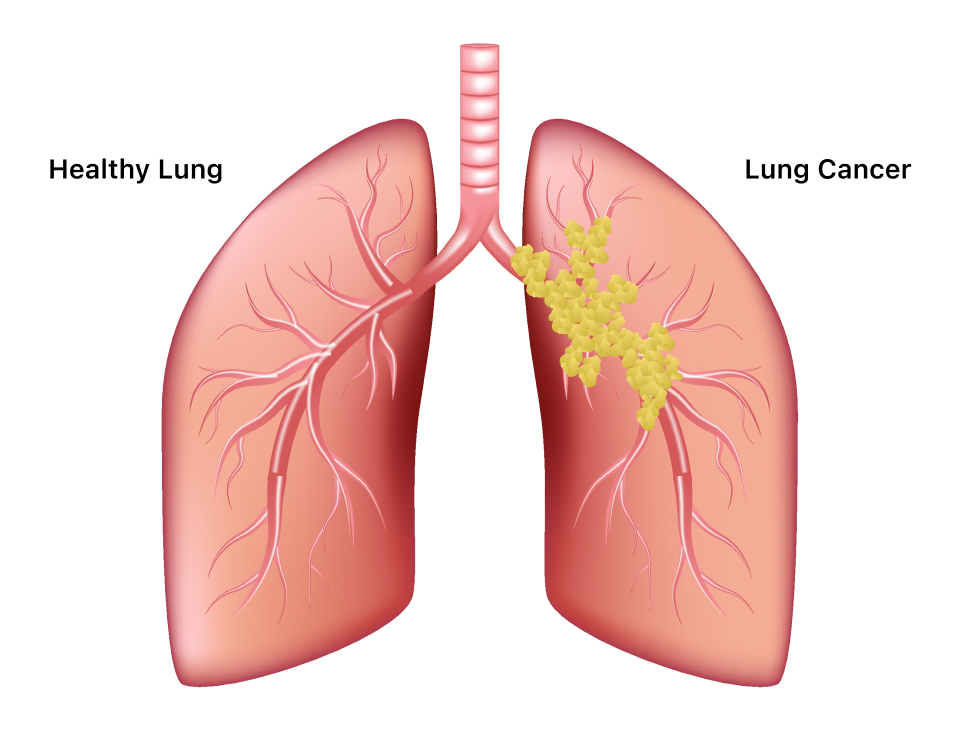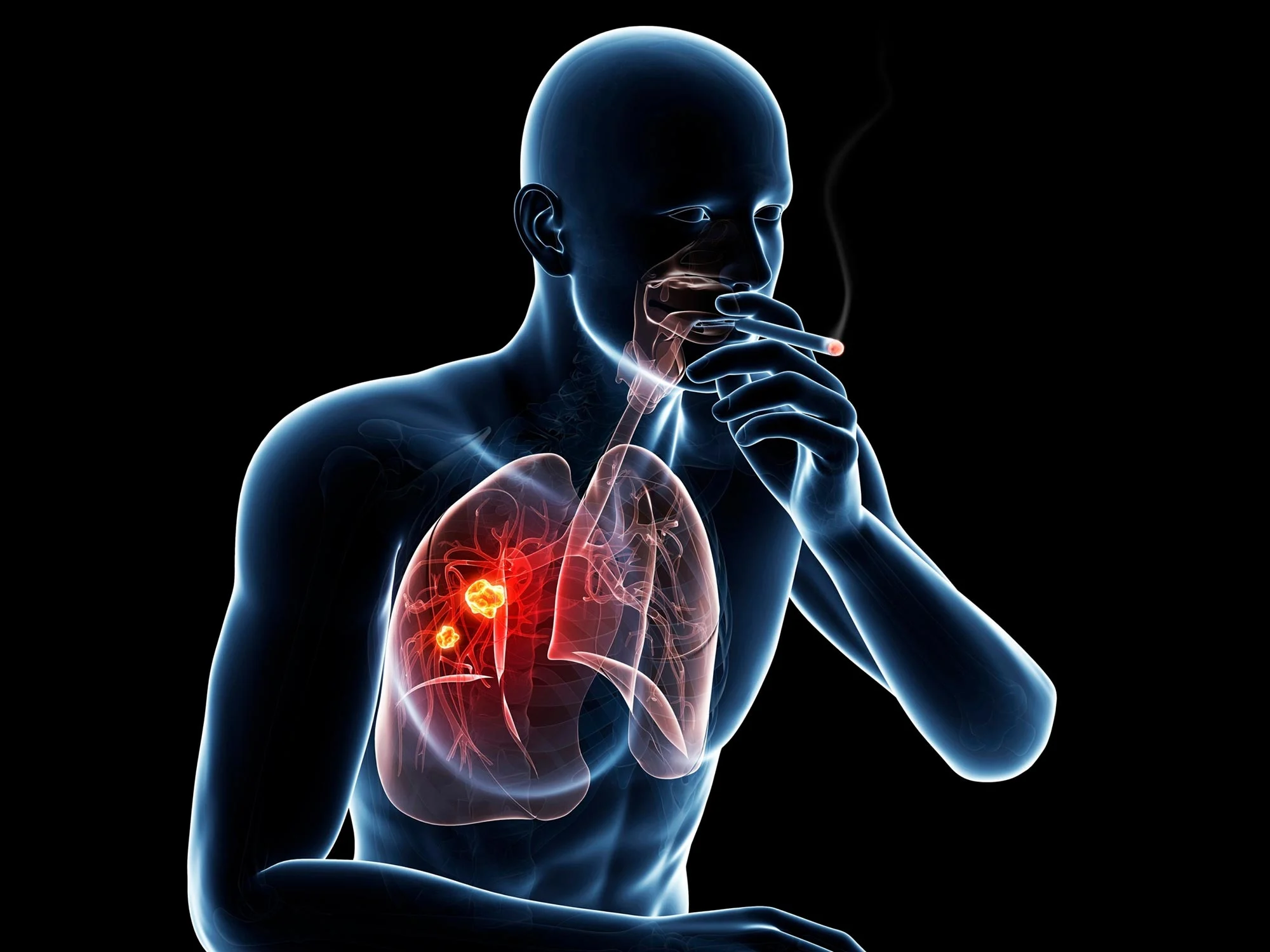Lung cancer is the second most common cancer among both men and women in the United States, according to the American Cancer Society (ACS). Only prostate cancer is more common in men, and breast cancer is more common in women. In 2024, nearly a quarter of a million people are expected to be diagnosed with lung cancer, and about 125,000 are projected to die from the disease. Most diagnoses occur in individuals over 65, with very few cases identified in people younger than 45.

The Prevalence of Lung Cancer
Health experts are cautiously optimistic about the declining statistics for lung cancer, attributing the decrease to reduced smoking rates and advances in medical technology that facilitate earlier detection and treatment. However, the numbers remain alarmingly high, prompting calls for continued efforts to mitigate risks. Dr. Alejandra Ellison-Barnes, an assistant professor of medicine at the Johns Hopkins Tobacco Treatment and Cancer Screening Clinic, emphasizes the immediate benefits of quitting smoking. “The health benefits of stopping smoking begin within minutes, so it’s never too late to stop,” she tells USA TODAY.
Causes and Risk Factors
According to the ACS, about 80% of lung cancer deaths are attributable to smoking. However, not all smokers develop lung cancer, suggesting that genetics and other risk factors also play significant roles. Dr. Ellison-Barnes notes, “About 10 to 20% of people who smoke cigarettes will develop lung cancer for their lives, with those who smoke more at higher risk than those who smoke less.” Lung cancer can also affect nonsmokers. Exposure to secondhand smoke, air pollution, asbestos, diesel exhaust, and radon—a radioactive gas found in rocks, soil, and fossil fuels—can lead to lung cancer. The ACS acknowledges that unknown factors might contribute to lung cancer, including random events without an external cause and other unidentified factors.
Recognizing the Symptoms
Early detection of lung cancer significantly improves the chances of successful treatment. The ACS outlines several initial symptoms that should prompt immediate medical attention:
- An ongoing or worsening cough
- Coughing up blood or rust-colored phlegm
- Persistent or recurrent infections such as bronchitis and pneumonia
- Chest pain that worsens with deep breathing, laughing or coughing
- Unexplained weight loss and loss of appetite
- Fatigue, weakness, or shortness of breath
- Wheezing or hoarseness
Dr. Ellison-Barnes advises people, especially smokers, to be vigilant about these symptoms and to consult a doctor if they notice any of them. Even in the absence of symptoms, smokers should consider lung cancer screening. “Risk of lung cancer decreases drastically if you quit smoking,” says Dr. Benjamin Toll, co-director of the Medical University of South Carolina’s Lung Cancer Screening Program and director of the MUSC Health Tobacco Treatment Program.

Dr. Toll adds, “If you have been smoking cigarettes for a long time, or you smoked for a long time but don’t anymore, ask your doctor about lung cancer screening. If you can catch lung cancer early through screening, you have far greater odds of successful treatment.” While the battle against lung cancer continues, awareness, early detection, and preventive measures such as quitting smoking remain crucial in reducing the impact of this deadly disease.
